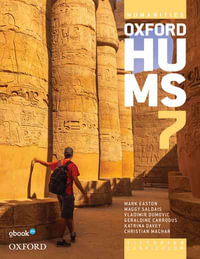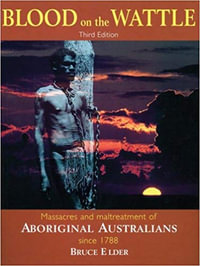In Ourselves Unborn, historian Sara Dubow ranges from the late nineteenth century through the early twenty-first century, tracing how Americans from widely different backgrounds have fought over the legal identity, physiological condition, social value, cultural significance, and political status of the human fetus.
Describing how the fetus has been represented in medical textbooks and journals, personal memoirs and autobiographies, museum exhibits and mass media, civil and criminal law, and political debates, Ourselves Unborn argues that the meanings people give the fetus are not based simply on biological fact or theological truth, but are strongly influenced by competing definitions of personhood and identity, by beliefs about knowledge and authority, and by assumptions about gender roles and sexuality. Moreover, Dubow shows that these meanings can also be shaped by dramatic historical change. Indeed, over the course of the twentieth century, medical and technological changes made fetal development more understandable, while political and social changes made the fetus more public and more contested. The book highlights how since the late nineteenth century, questions about how fetal life develops and how fetal life should be valued have frequently intersected with debates about the authority of science and religion and the relationship between the individual and society.
In examining the contested history of the fetus, Sara Dubow offers a fresh new perspective on issues which have been at the center of the intellectual and political history of twentieth-century America, shedding Light on debates over stem cell research, eugenics, prenatal testing, abortion, and reproductive rights.
Industry Reviews
"Dubow offers up an important contribution to the field, forcing the reader to contend both with why the fetus is such a fascinating topic for investigation and the deeper social tensions expressed in each conversation about the objects."--Journal of the History of Medicine
"The great strength of this book is the author's wide-angle lens on the human fetus across more than a century of American culture and politics. Sara Dubow offers a thoroughly researched, elegantly written, and comprehensive biography of the unborn. Readers interested in the history of medicine, science, and technology, as well as the history of women's health and reproduction, will find much to savor here."--Bulletin of the History of Medicine
"Dubow's history of the fetus as symbol is a major addition to our history of politics, gender, the body, and reproduction in America. To understand American politics and culture since the nineteenth century requires grasping American's long standing interest in the unborn and the many uses of the concept of fetus. Dubow gives the unknowable 'unborn' a history, thus revealing that today's fetus is a construction that grew out of specific political
circumstances."--Journal of American History
"[I]lluminating, even gripping...Dubow has provided an indispensable contribution to US political thought."--Women's Review of Books
"A nuanced analysis...Dubow's work makes a significant contribution to our understanding of fetal history...This work will quickly become a standard in the field. Dubow places fetal history within a broad historical context that makes the book valuable to scholars interested in twentieth-century gender, race, politics, and medicine."--American Historical Review
"Dubow's book is a reminder of the moral dilemmas, the politicisation and the sometimes shameful decisions that have been taken over the years.This careful book allows the reader to navigate a course through highly-politicised waters."--The Economist
"Provocative..."--Slate
"Splendidly informative."--Commonweal

























